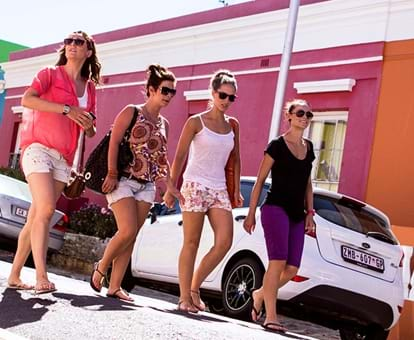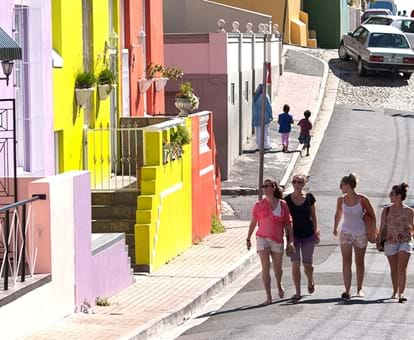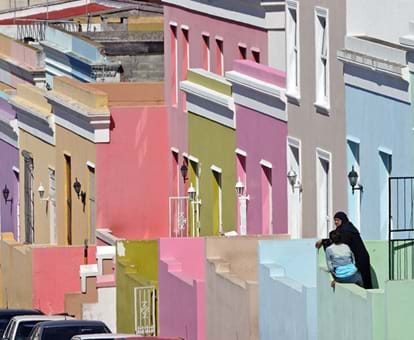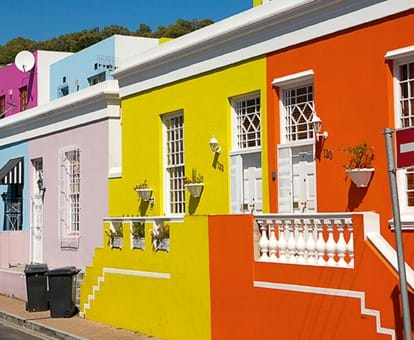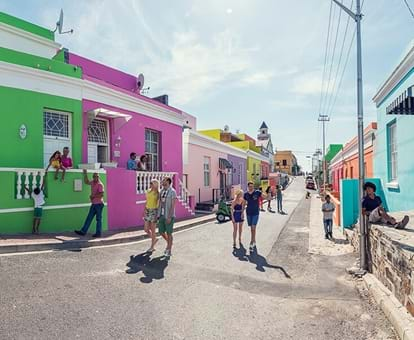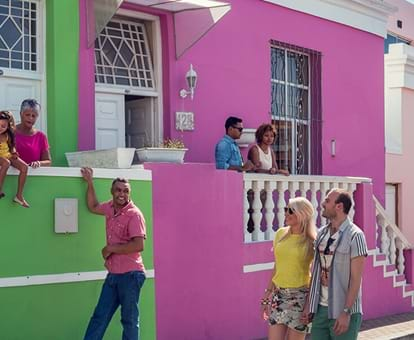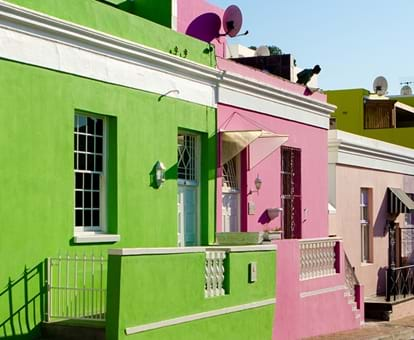By creating an account, I agree to the
Terms of service and Privacy policy
Choose your country and language:
Africa
Americas
Asia Pacific
Europe
CColourful Bo-Kaap has a fascinating history and unique culture just begging to be explored. Tucked away under the slopes of Signal Hill, this suburb formerly known as the Malay Quarter, is a bright and vibrant neighbourhood with a rich Cape Malay culture and roots as old as Cape Town itself.
Cape Town’s Bo-Kaap Museum, set just outside the city centre, is the place to visit to learn about the resident Islamic community, its history and culture. After your visit, take a walk along the cobbled streets and discover more.
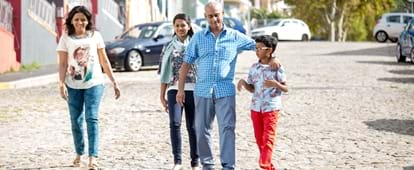
TThe Bo-Kaap Museum, which showcases South Africa's Islamic heritage in the cheerful Bo-Kaap neighbourhood of multi-coloured houses, was established centuries back by freed slaves, many of whom hailed from South East Asia. These former slaves became known as the Cape Malay, and it's believed that they were instrumental in the formation of the Afrikaans language, a version of Dutch simplified for easier communication between the Dutch settlers and workers.
Bo-Kaap, Cape Town
TThe Bo-Kaap Museum in Wale Street falls under the Iziko group of Cape museums. It's in the process of transformation into a social history museum that will tell the story of the local population within a cultural and socio-political context. The museum occupies a 1768 original house, and is furnished as a 19th century home of a Muslim family. As you relive the history of the Bo-Kaap community, you'll learn about its customs and beliefs, and how it was affected by the political ideology of apartheid and its discriminatory legislation.
After your visit to this urban museum in Cape Town, take a walk around the area and if you’re there at the right time of day, listen out for the muezzin's moving calls to prayer.
Related Articles

